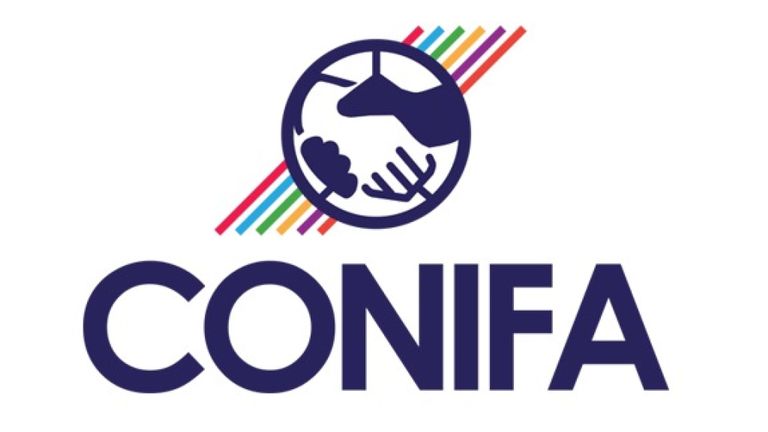CONIFA: What is it and why should we care?
Protagonist Soccer is dedicated to championing the lower divisions of US Soccer. However, CONIFA and its story needs to be shared as a way to provide a glimmer of hope to those of us upset and angry with the way US Soccer has gone. Part two of this story will be forthcoming, including an interview with the former manager of Matabeleland, Justin Walley.
While all eyes were on Russia this summer for the FIFA World Cup, there had already been another World Cup played prior to that. The CONIFA World Cup was played over the course of a week, from May 31st to June 9th, with its games streamed via the online streaming service MyCujoo. However, you can be forgiven if you didn’t know about this event or the organization because prior to this summer, neither did I. But, since learning more about the organization, I have become a huge advocate for them.
CONIFA stands for the Confederation of Independent Football Associations and currently has 46 member associations across five continents. Even though this may not seem like a lot, CONIFA gives places that aren’t represented by FIFA exposure to a larger audience through social media and online streaming. In addition to this, CONIFA is a young organization, having only been founded on June 7th, 2013. Despite that, it managed to host its first World Cup in Ostersund, Sweden the following year. According to its website, CONIFA’s objective “aims to build bridges between people, nations, minorities and isolated regions all over the world through friendship, culture and the joy of playing football. CONIFA works for the development of affiliated members and is committed to fair play and the eradication of racism.” Additionally, a big difference between CONIFA and FIFA is that those working within CONIFA are doing this on a completely voluntary basis and are not drawing a paycheck. By doing this, CONIFA finances itself “100% through sponsoring, public support, donations, membership fees and last but not least income through tournaments,” according to the Secretary-General Sascha Düerkop.
CONIFA isn't just about on-field performances and putting on a good show for the fans. It also has visions and ideas off the pitch. The organization steers clear of political issues involving its members but does try to showcase the members and their citizens to the world. A prime example of this is with Matabeleland.
Matabeleland is a small independent region of Zimbabwe situated between the Limpopo and Zambezi Rivers and encompasses approximately 684,000 people. I only learned about Matabeleland through Twitter interactions with coach Justin Walley of the national team at the time. He represented himself and the organization very well and piqued my interest in the runup to the 2018 CONIFA World Cup. It was also through him that I found a way to support the Matabeleland team in its attempts to travel to England for the CONIFA World Cup. In the lead up to the tournament, it was running a GoFundMe to subsidize its travel and housing costs during the week in England. In the end, it was able to raise enough money to make it for the Cup. Unfortunately, its movie-like backstory and fairytale run in the tournament ended prematurely. However, the team represented itself very well and gained a lot of respect from its opponents in the end.
Another team that caught my eye is actually one that is situated between Canada and the United States. Its name is the Cascadia Football Federation and is composed of players living in Oregon, Washington, and British Columbia. During the 2018 Cup, it also represented itself very well in its debut by finishing sixth, losing to Panjab on penalties 4-3. It is currently trying to build off of this initial success by potentially making a bid to host the 2020 Cup. For a federation that is still extremely young, this would be a major step in the right direction.
For those of us out there who enjoy "Non-League" soccer (foreign or domestic) and those of us who have become disenfranchised with the way FIFA has been doing business, supporting CONIFA and its members seems like a great idea. In my case, the welcoming interactions with the organization and Mr. Walley encouraged me to write this story and get it more exposure to the world. These teams deserve support, regardless of the manner in which it comes. My advice? Get involved, interact, and help advance this organization.
